No F-35s sales to Turkey, limited support for Saudi war on Yemen: US defense bill
US Congress is aiming to block sales of F-35 joint strike fighters to Turkey and limit Washington’s support for Saudi war on Yemen in the final version of the fiscal 2019 defense bill.
According to House Armed Services Committee senior aides, the Pentagon must first submit a report to the lawmakers about the “overall strategic relationship with Turkey,” all foreign weapons sales to Ankara and its decision to buy the Russian-made S-400 long-range air-defense system, The Hill reported Monday.
The move was made in spite of Defense Secretary James Mattis’s request.
Ninety days after the passing of the National Defense Authorization Act (NDAA), the report would be due.
The Pentagon chief had asked lawmakers not to block the sale of the Lockheed Martin-made jets, arguing that it could start a “supply chain disruption” push their price higher.
“At this time, I oppose removal of Turkey from the F-35 program,” Mattis wrote in a July 7 letter. “If the Turkish supply chain was disrupted today, it would result in an aircraft production break, delaying delivery of 50-75 F-35s, and would take approximately 18-24 months to re-source parts and recover.”

The final defense bill also shows that the US is limiting refueling of Saudi Arabian and Emirati planes bombing impoverished Yemen.
According to a senior staffer, “Yemen remains an area of intense interest and concern for our members, and we have aggressive oversight in the conference report.”
A provision included in the Senate-passed NDAA requires the secretary of state to certify to Congress that Riyadh is engaged in efforts to end the war.
The administration of US President Donald Trump said last month that it "strongly objects" to the provision.
“The administration shares the concern of the Congress regarding the humanitarian situation in Yemen,” the statement of administration policy said. “Section 1266 inaccurately implies, however, that the Saudi-led coalition is the only party to the conflict whose actions have resulted in the dire humanitarian situation in Yemen.”
The White House also tried to implicate Iran for the ongoing human crisis in Yemen in the wake of Saudi invasion.
“The provision fails to address material support the Government of Iran has provided to the Houthis in order to foment the conflict in Yemen in opposition to the Yemeni government,” it claimed.
The Saudi-led war has killed and injured over 600,000 civilians, according to the latest figures released by the Yemeni Ministry of Human Rights.
The United Nations World Food Program (WFP) also announced that four in every 10 children under the age of five were now acutely malnourished.
Iran believes in no other solution than a political one to the conflict in Yemen.
‘All wars have rules. All of those rules have been broken’ by Israel
VIDEO | Report flags India’s violation of rights of Rohingya detainees
Turkey's foreign minister meets Syria's de facto leader in Damascus
'Next to impossible' to rescue patients from Gaza's Kamal Adwan Hospital: Director
VIDEO | Vietnam current prosperity
Report blames gasoil exports for shortage at Iranian power plants
VIDEO | Hind Rajab Foundation names Israeli war criminals vacationing after Gaza genocide
VIDEO | Australians rally for Gaza ahead of Christmas festivities


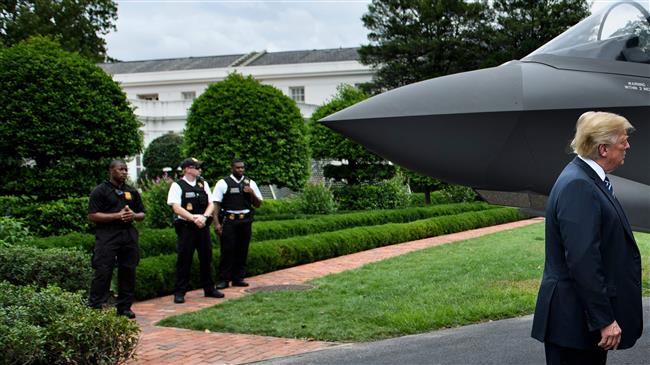

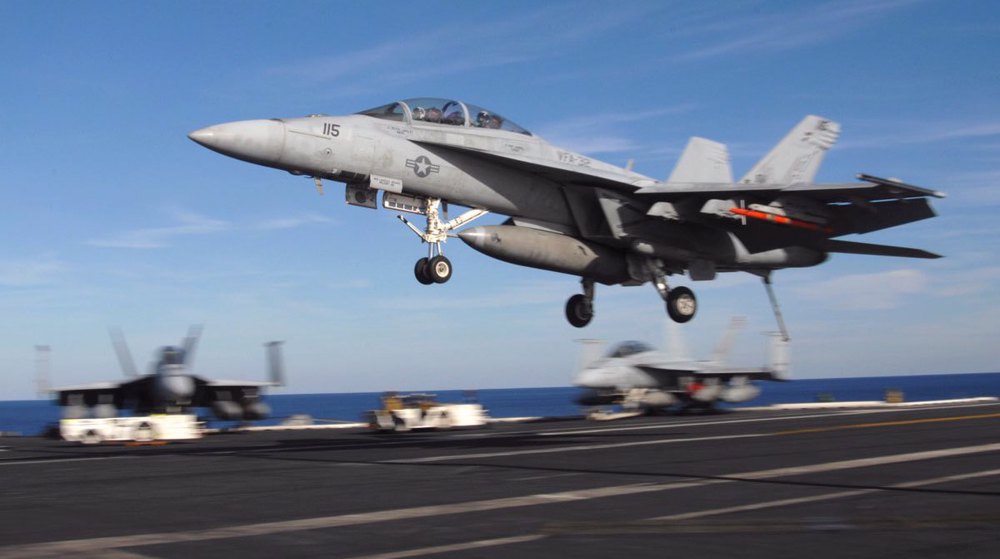

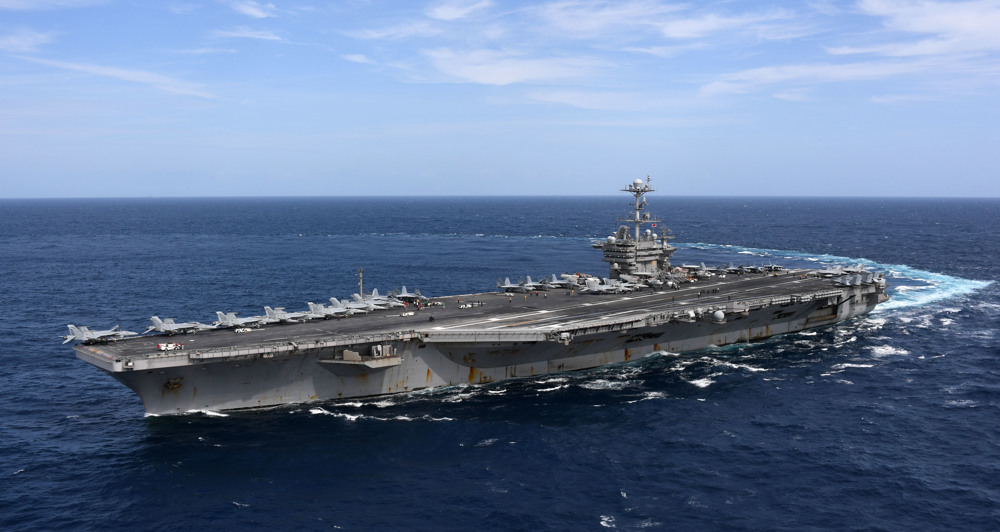



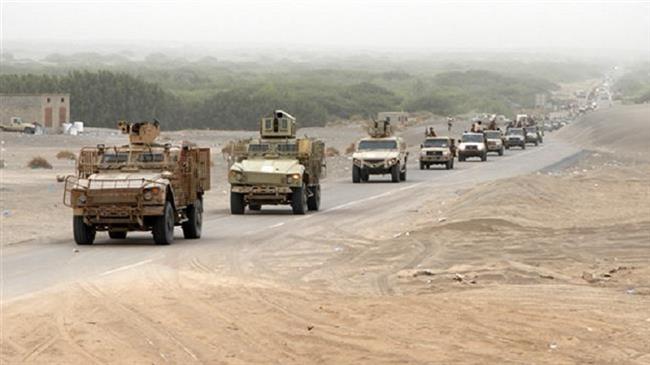
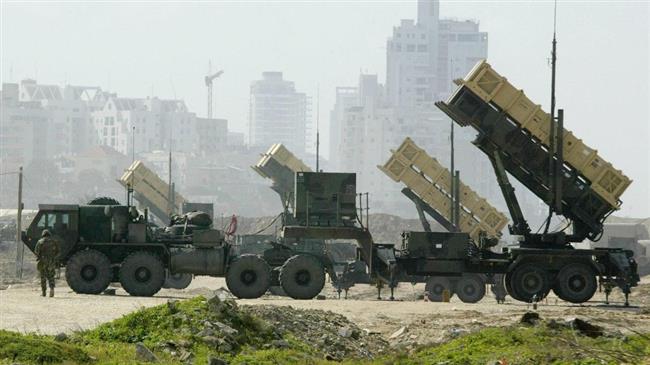
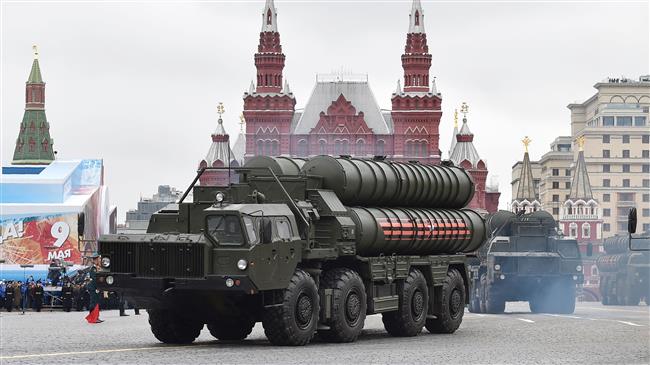

 This makes it easy to access the Press TV website
This makes it easy to access the Press TV website